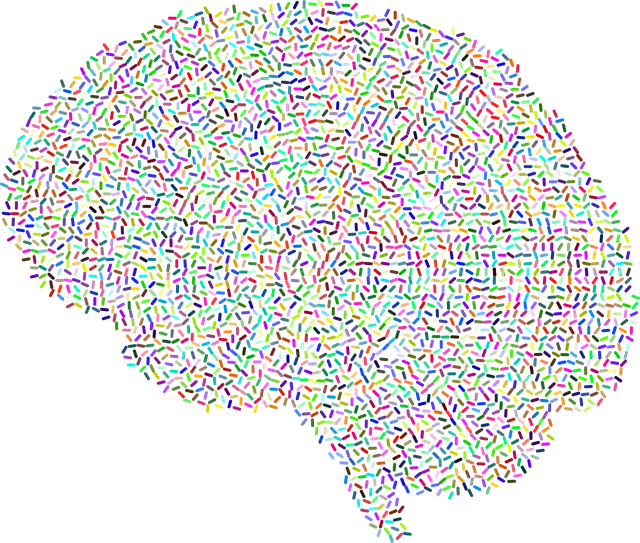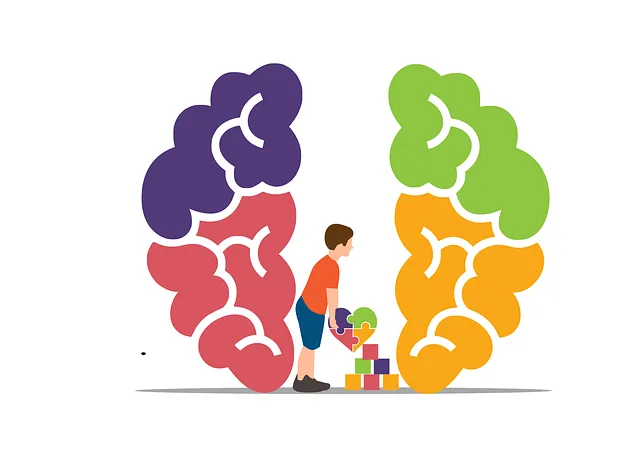Kaiser Permanente Mental Health Aurora prioritizes risk assessment and mental wellness through structured approaches, continuous training, and collaborative support. Their evidence-based framework integrates self-care practices like journaling and emotional healing processes, enabling effective coaching programs for practitioners. Open communication, training in stress reduction and crisis intervention, regular staff meetings, and clear emergency protocols create a robust system that minimizes risks and enhances both patient outcomes and the mental wellness of their workforce.
“In the realm of mental healthcare, risk assessment is a vital tool for professionals navigating complex patient needs. This comprehensive guide explores essential practices, drawing insights from the Kaiser Permanente Mental Health Aurora Framework. We delve into understanding risk factors and their assessment, offering strategies for effective management and mitigation. By adopting these methods, mental health professionals can ensure robust patient care, enhance safety, and foster positive outcomes.”
- Understanding Risk Assessment in Mental Health Practice
- The Kaiser Permanente Mental Health Aurora Framework
- Strategies for Effective Risk Management and Mitigation
Understanding Risk Assessment in Mental Health Practice

Risk assessment is a critical component of mental health practice, enabling professionals to identify potential hazards and implement proactive measures to ensure patient safety and well-being. At Kaiser Permanente Mental Health Aurora, we recognize that navigating complex client scenarios requires a structured approach. Our experts emphasize the importance of thorough risk assessments, which go beyond initial evaluations to consider factors like past trauma, suicidal ideation, and acute stress responses.
By integrating Burnout Prevention Strategies for Healthcare Providers and Mind Over Matter Principles into our practice, we foster an environment that prioritizes resilience and coping mechanisms. Mental Health Education Programs Design play a pivotal role in equipping professionals with the knowledge and skills to recognize subtle cues of distress and adapt interventions accordingly. Through continuous training and collaborative support, Kaiser Permanente Mental Health Aurora strives to deliver comprehensive risk assessment services, ultimately enhancing patient outcomes and promoting sustainable mental health practices.
The Kaiser Permanente Mental Health Aurora Framework

The Kaiser Permanente Mental Health Aurora Framework is a comprehensive and evidence-based approach designed to enhance the well-being of mental health professionals. This framework emphasizes the importance of self-care and resilience in an industry where burnout and stress are prevalent. It offers tailored guidance, such as Mental Wellness Journaling Exercise and Emotional Healing Processes, to help practitioners maintain their own mental wellness while they support their clients.
By integrating this framework into their practices, mental health professionals can develop effective Mental Wellness Coaching Programs. It encourages a proactive mindset, where professionals are equipped with the tools to recognize and manage their emotional well-being, ultimately leading to improved patient care and job satisfaction.
Strategies for Effective Risk Management and Mitigation

In the dynamic field of mental health care, particularly within organizations like Kaiser Permanente mental health Aurora, effective risk management is paramount to ensuring a safe and supportive environment for both professionals and clients. Strategies for mitigating risks encompass a multi-faceted approach. Firstly, promoting open communication channels allows professionals to share concerns and collaborate on solutions proactively. Secondly, implementing comprehensive training programs that include Stress Reduction Methods and Crisis Intervention Guidance equips staff with the tools to handle challenging situations effectively.
Regular staff meetings dedicated to risk assessment and debriefing sessions foster a culture of continuous learning and adaptation. Additionally, establishing clear protocols for referring clients to emergency services when necessary ensures timely interventions. By integrating these practices, Kaiser Permanente mental health Aurora can create a robust framework that not only minimizes potential risks but also enhances the overall Mental Wellness of its workforce.
Risk assessment is an indispensable tool for mental health professionals, enabling them to provide effective care while ensuring patient safety. As highlighted by the Kaiser Permanente Mental Health Aurora Framework, a comprehensive approach to risk management involves identifying, evaluating, and mitigating potential risks. By adopting evidence-based strategies discussed in this article, mental health practitioners can enhance their ability to navigate complex cases and foster positive outcomes for their clients, leveraging the expertise offered by frameworks like Kaiser Permanente Mental Health Aurora.






